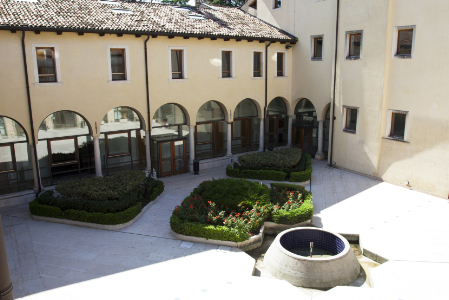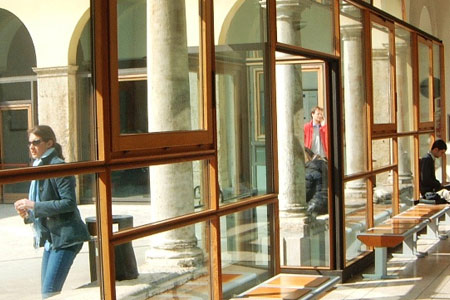Educational training for working with troubled families in an increasingly multicultural context can be grouped into several main areas, each of which must be analysed carefully in order to understand the phenomenon and be able to act appropriately:
a) New generation: Many issues among families and minors not only reveal greatly problematic characteristics (e.g. children of migrants, family and child poverty, child drug use, etc) but also languages and behaviours that are not always easy to understand, especially for those who are faced with different cultures.
b) Adults and family: We are witnessing widespread educational difficulties for adults, who are confronted with a world of youth that is often incomprehensible or difficult to grasp under traditional ways of thinking. Thus there is an increasing need to support educational and parenting roles in an ever-changing social and cultural context.
c) Professional knowledge: The goal is to enhance personal and professional growth for social workers who are faced with complex socio-cultural situations, bringing into question how each individual becomes a person and constructs their reality. Such contexts require an increasing important integration of professional and experiential knowledge.
a) New generation: Many issues among families and minors not only reveal greatly problematic characteristics (e.g. children of migrants, family and child poverty, child drug use, etc) but also languages and behaviours that are not always easy to understand, especially for those who are faced with different cultures.
b) Adults and family: We are witnessing widespread educational difficulties for adults, who are confronted with a world of youth that is often incomprehensible or difficult to grasp under traditional ways of thinking. Thus there is an increasing need to support educational and parenting roles in an ever-changing social and cultural context.
c) Professional knowledge: The goal is to enhance personal and professional growth for social workers who are faced with complex socio-cultural situations, bringing into question how each individual becomes a person and constructs their reality. Such contexts require an increasing important integration of professional and experiential knowledge.







